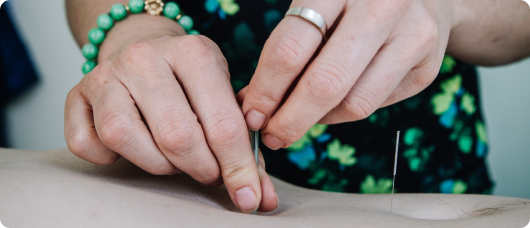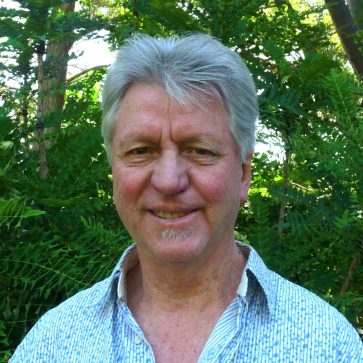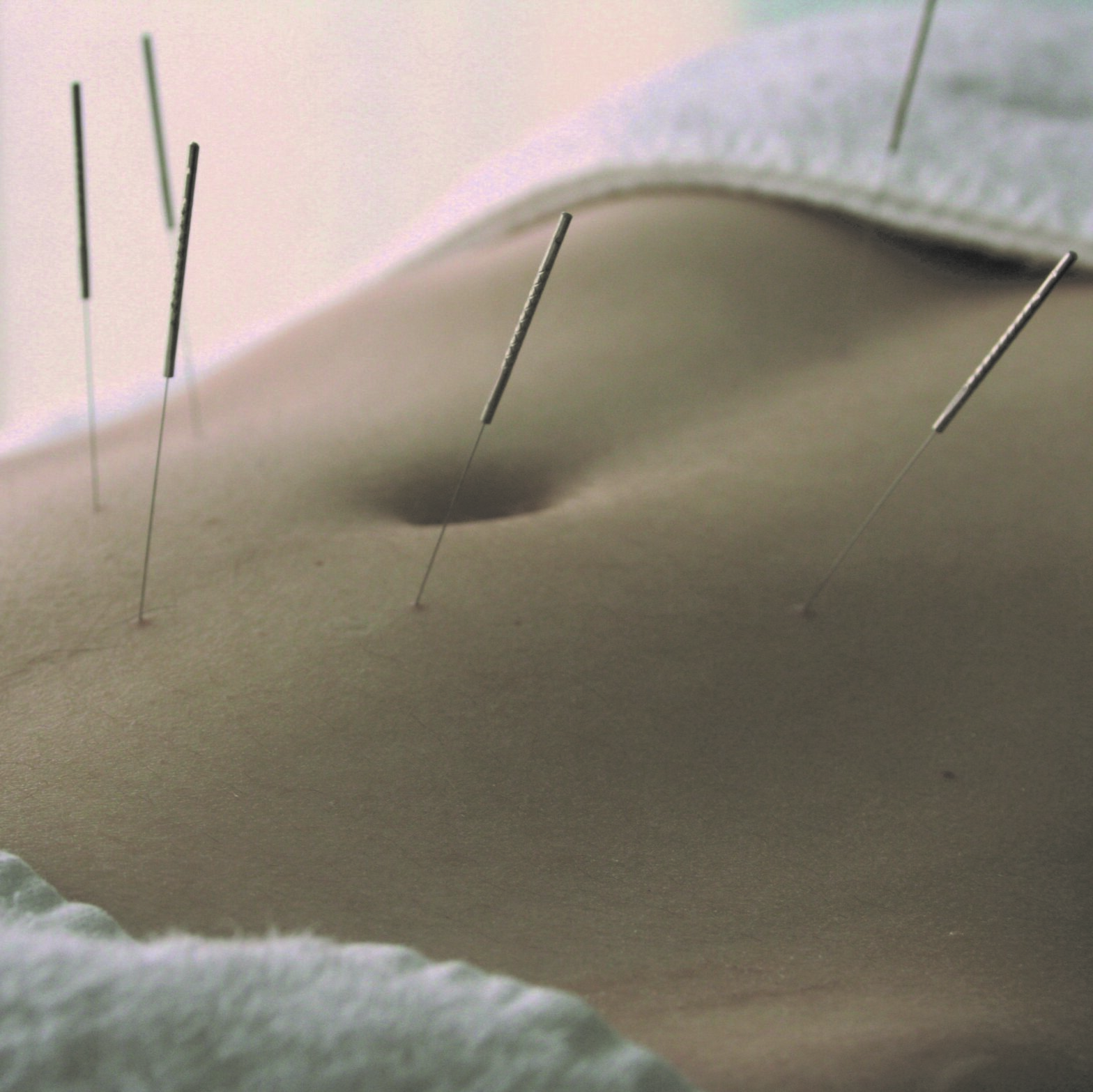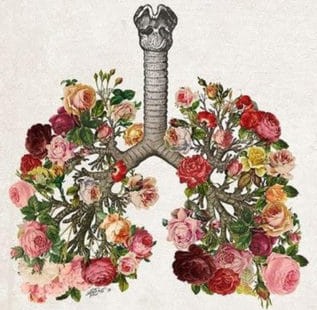Acupuncture and Pain Relief
Pain relief is the most common reason for seeking medical attention. For some people pain may be temporary and easy to tolerate, but for many others it can be severe or unrelenting or both. If you have a body, then you will be familiar with the experience of pain. The good news is that, although pain is inevitable, suffering is optional! …










